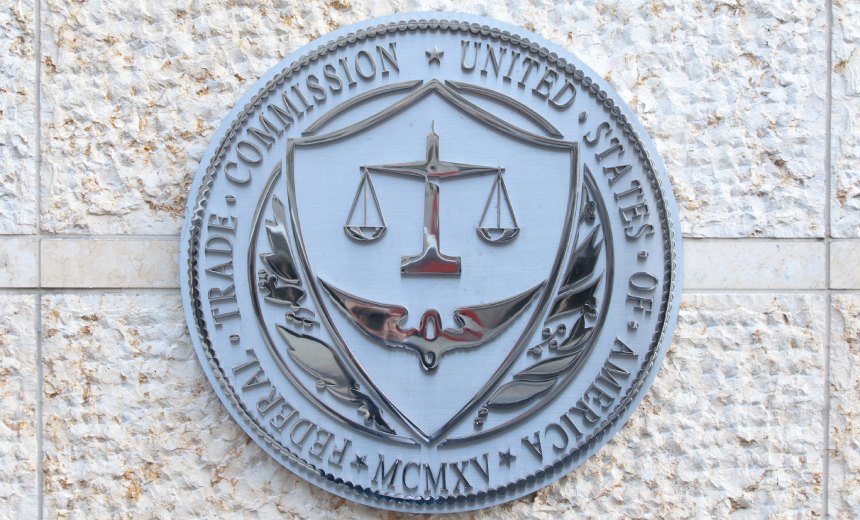Artificial Intelligence & Machine Learning
,
Government
,
Industry Specific
FTC Approves Use of Subpoena-Like Compulsory Measure For AI-Related Probes

The Federal Trade Commission has unanimously voted to streamline its investigative processes into products and services that use or are capable of detecting the use of artificial intelligence systems.
See Also: Live Webinar | Generative AI: Myths, Realities and Practical Use Cases
The FTC voted 3-0 on an omnibus resolution allowing the commission to retain and expand its authorities over issuing civil investigative demands – which organizations must comply with, such as a subpoena – in nonpublic investigations for 10 years.
The move makes it easier for the commission to issue CIDs in AI-related investigations and compel information and cooperation from organizations developing AI products, services and tools.
The FTC conducts a broad range of investigations into consumer complaints, whistleblower reports and privacy and data security concerns. The commission can also launch probes into organizations that fail to comply with regulatory statutes and guidelines.
The White House executive order on AI specifically directed the FTC to establish consumer protections and enforce competition among AI developers.
FTC Chair Lina Khan has repeatedly expressed her strong support for AI regulations and said in a May op-ed published in the New York Times that the commission is “well equipped with legal jurisdiction to handle the issues brought to the fore by the rapidly developing AI sector.”
The FTC also has warned companies developing AI products to avoid using algorithms that produce discriminatory outcomes, and urged organizations to embrace transparency frameworks and independent standards.
The commission published guidance on AI in 2021, reminding companies that the FTC Act requires statements to consumers to be “truthful, non-deceptive and backed up by evidence.”
The guidance warns: “In a rush to embrace new technology, be careful not to overpromise what your algorithm can deliver.”
The announcement about the new omnibus resolution published Tuesday noted that AI can be used “to engage in fraud, deception, infringements on privacy” and other potential violations of the FTC Act and other laws. It also says AI models “can raise competition issues” and concerns around a limited number of companies controlling “the essential inputs or technologies that underpin AI.”
